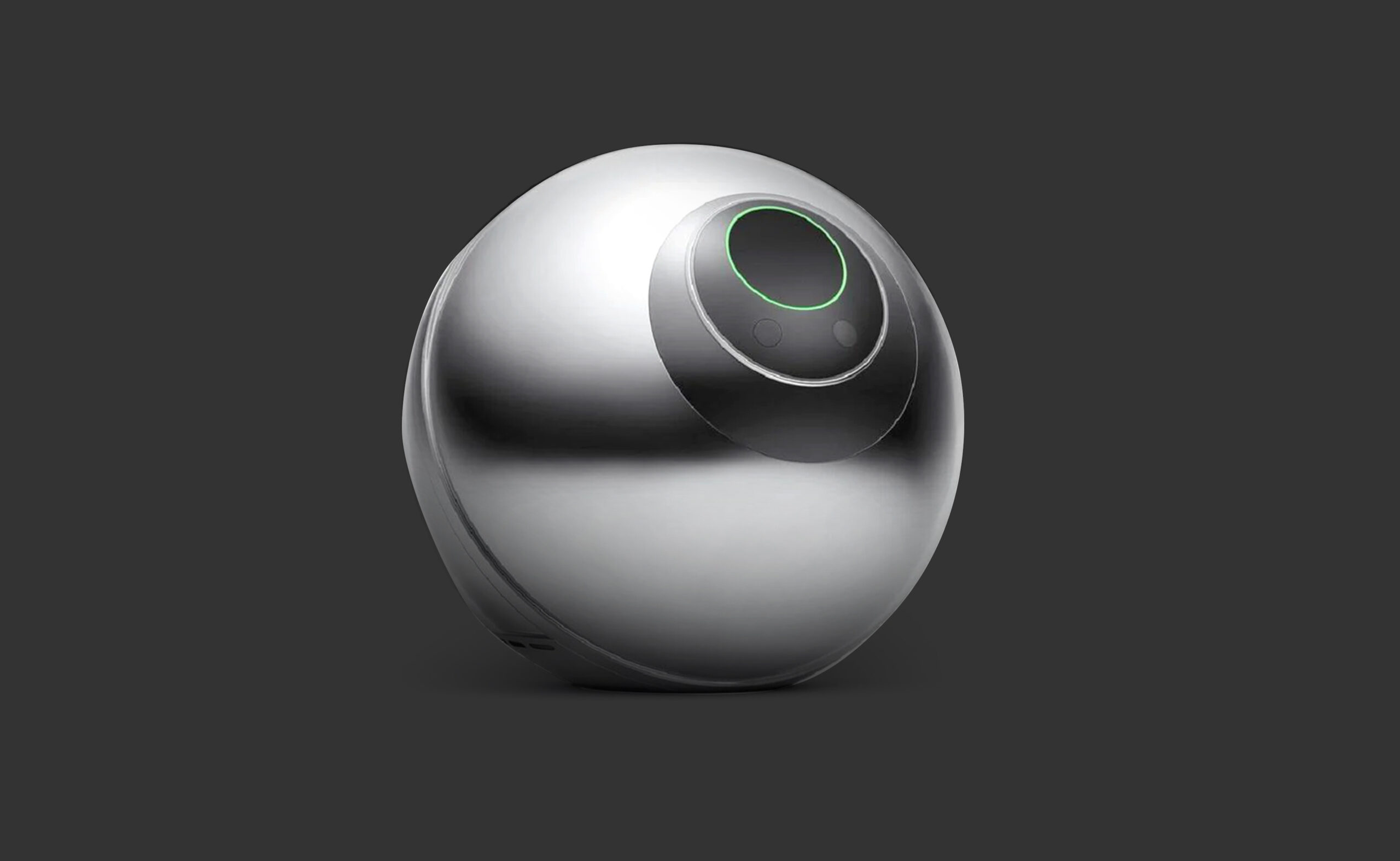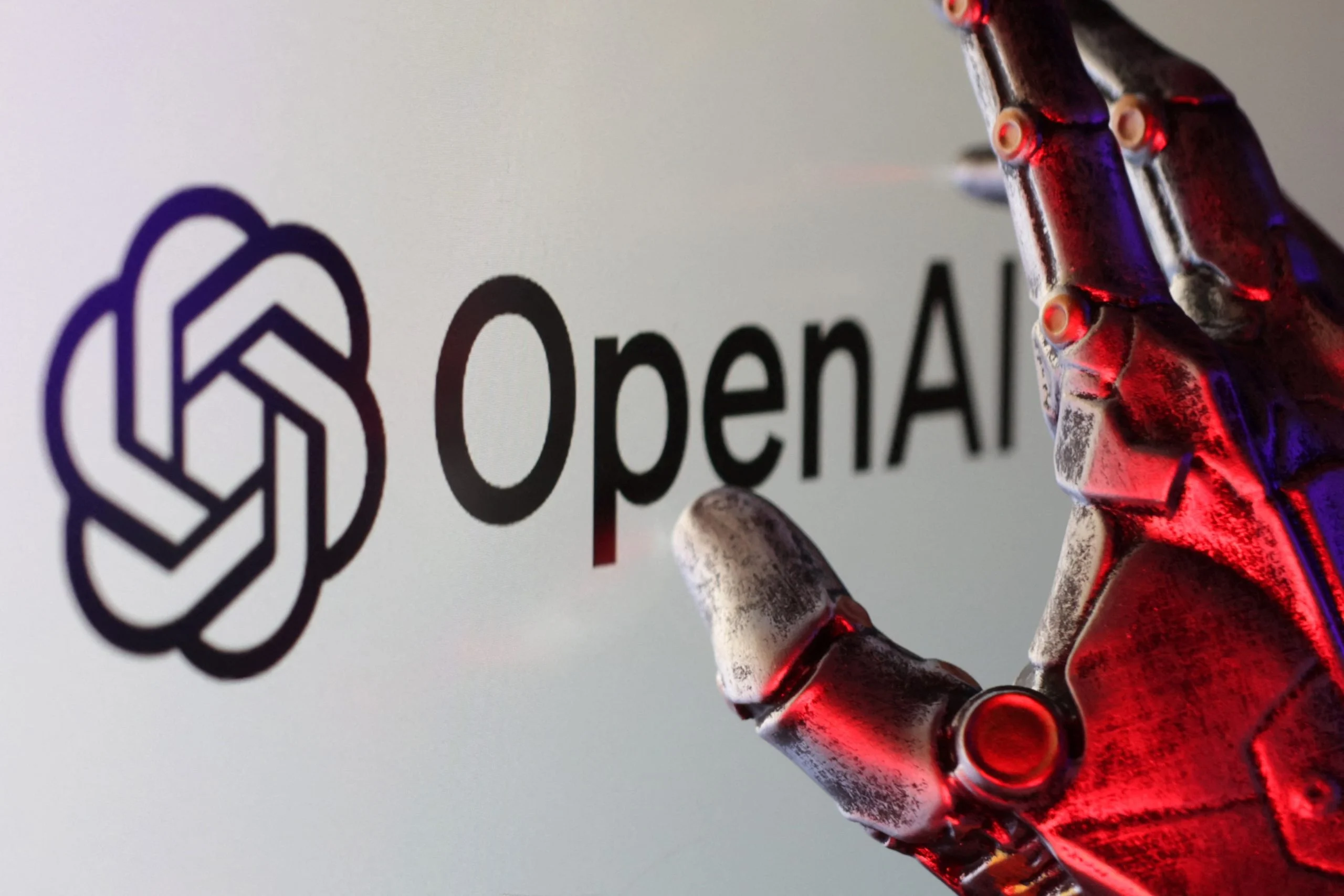Blog Credit: Trupti Thakur
Image Courtesy: Google
WorldCoin
The Worldcoin project, spearheaded by OpenAI’s chief Sam Altman, has garnered significant attention since its launch on July 24, 2023. The project revolves around the innovative concept of “Proof of Personhood,” aiming to verify digital identity.
More than three years ago founded the Worldcoin with the ambition of creating a new identity and financial network owned by everyone; the rollout begins today. If successful, it is believed Worldcoin could drastically increase economic opportunity, scale a reliable solution for distinguishing humans from AI online while preserving privacy, enable global democratic processes, and eventually show a potential path to AI-funded UBI.
Worldcoin consists of a privacy-preserving digital identity (World ID) and, where laws allow, a digital currency (WLD) received simply for being human. It is hoped that, where the rules are less clear, such as in the U.S., steps will be taken so more people can benefit from both.
You can now download World App, the first protocol-compatible wallet, and reserve your share. After visiting an Orb, a biometric verification device, you will receive a World ID. This lets you prove you are a real and unique person online while remaining completely private. As the global distribution of Orbs is ramping up, you can find the closest one and book time to be verified with World App and at worldcoin.org.
Worldcoin has been one of the most anticipated crypto projects of this year. After years of development, the overly ambitious project finally launched on 24 July 2023. Since its launch, Worldcoin price has been very volatile, and the crypto analysts seem to be divided on the future of WLD coin.
The story so far
On July 24, OpenAI CEO Sam Altman took to Twitter to formally re-introduce Worldcoin, a project of his that was eclipsed by the popularity of ChatGPT. The Worldcoin venture runs on a simple model: allow your eyes to be scanned in order to prove your human uniqueness, and receive some crypto and an ID (called a World ID) in exchange. Worldcoin claims it is building the “world’s largest identity and financial public network” open to people worldwide.
Worldcoin is an initiative to create a digital network in which everyone can claim some kind of stake, and join the digital economy. Using a device called “Orb,” Worldcoin volunteers known as ‘Orb operators’ scan a person’s iris pattern to collect their biometric data and help them get a World ID through the World app. With the app, scanned participants can collect a cryptocurrency called Worldcoin [WLD] at regular intervals or make transactions with their World ID where possible. This process is called “proof of personhood” and makes sure that people do not sign themselves up multiple times in exchange for crypto.
Dozens of crypto enthusiasts streamed into co-working spaces in Mexico City this week for the global launch of Worldcoin, hoping to have their irises scanned with a biometric verification device in exchange for cryptocurrency.
Mexico City is one of 35 cities in 20 countries where Worldcoin – founded by OpenAI CEO Sam Altman – is pushing its ambitious project to create a unique “digital passport” called World ID, which would help distinguish humans from bots online.
“In the future, proof of humanity will be more relevant than ever to know if you’re interacting with a human or with artificial intelligence,” said Worldcoin operator Germán González from a small co-working space in the Coyoacán neighborhood.
González is one of a handful of operators dispatched across Mexico by Worldcoin to collect iris scans through a device known as an ‘orb’.
But privacy advocates have voiced concerns about building a private database of biometric information – and warned that citizens could be left unprotected in cases of data breaches or abuses in countries with weak data protection like Mexico.
“No technology is infallible,” said Agneris Sampieri, Latin America policy analyst at digital rights group Access Now. “There is a margin of error when users lose all control over the data generated through their biometrics.”
After reading Worldcoin’s privacy policy, Sampieri noted that it does not stipulate for how long and where data can be stored before being deleted. And the current privacy notice could exclude users in Mexico and other countries in the Global South from legal protection because Worldcoin is headquartered in Germany and the United States, she added.
A spokesperson for Worldcoin said in emailed comments that “privacy is the bedrock on which Worldcoin is built and spans the protocol’s entire ecosystem including users, developer partners and Worldcoin Operators.”
Worldcoin says the project abides by Europe’s General Data Protection Regulation (GDPR), which is among the world’s toughest, and deletes the collected biometrics once a unique iris code is created.
The company behind Worldcoin, San Francisco and Berlin-based Tools for Humanity, says users can choose whether their personal data leaves the orb to be sent to a secure data store and may withdraw consent at any time.
‘Even banks have data branches’
The project, which started in 2019, has 2 million users from its beta period – when it was not yet distributing coins but training its iris algorithm on the samples it collected.
The project had come under criticism during that period for paying for iris scans in impoverished areas without fully explaining its purpose.
“A lot of their data was collected without informed consent,” said Peter Howson, a researcher at Britain’s Northumbria University, who has studied Worldcoin.
Worldcoin did not respond to a request for comment about its data collection during the beta phase.
As an enticement, those who sign up for Worldcoin in Mexico receive a bonus of 25 of its cryptocurrency tokens, plus one token every week for an undetermined period.
In Mexico, most of the Worldcoin interest has come from crypto enthusiasts who say they trust the security of the project and are hoping their tokens will rise in value.
“(Worldcoin) might have a big jump. I’m hoping in a couple of years its value rises,” said Hans Trauwitz, a 38-year-old software developer who had his iris scanned in a restaurant in Condesa, a district popular with digital nomads and tourists.
Minutes later, Trauwitz received the promised free share of Worldcoin tokens. Upon its launch, the token hit a peak of $5.29, according to the world’s largest exchange, Binance.
Ten people who spoke to the Thomson Reuters Foundation said they were unconcerned about the use of their biometrics, either because they trusted the project or had already experienced some kind of data breach. None had read the data privacy notice contained in the app.
“Even banks have data breaches,” said Trauwitz, who was drawn to Worldcoin because he admired Altman’s success with the artificial intelligence (AI) chatbot ChatGPT.
“I don’t think I’m a particularly big target.”
For IT consultant Ricardo Fuentes, “giving your biometrics is risky but they’re encrypted.”
“They (Worldcoin) cannot use them for evil unless someone with great coding expertise tries it,” he said after staring for several seconds into the silver disk-like device roughly the size of a bowling ball.
The World ID is not linked to the name, address or personal data of users – a feature that Worldcoin supporters say makes it safe.
“The government has your biometrics. Same thing with bank apps, and your phone apps,” said González, who is not officially hired by Worldcoin but works as a brand ambassador for a monthly grant.
Weakened regulator
The Worldcoin launch in Mexico comes as President Andrés Manuel López Obrador seeks to scrap the country’s INAI data protection body, part of his wider push to abolish autonomous watchdogs and regulators that he deems unnecessary and biased.
Although the proposal is yet to be discussed in parliamentary commissions, INAI is unable to carry out its functions because it lacks one of the five commissioners it needs to operate.
INAI did not reply to a request for comment.
“(Worldcoin’s biometric recollection) should be a scandal and the authorities should be alerting users about it,” said Diego García, a Mexican lawyer specialising in data privacy. “But what we see in Mexico is a very weakened authority.
On Tuesday Britain’s data regulator said it would be making enquiries about Worldcoin’s launch in the country.
Although Mexican users agree to a privacy notice before registering to the Worldcoin app, Sampieri said the disclaimer does not explain with enough clarity how users’ biometric data will be used, transferred, and stored in the future.
“Unfortunately, users do not have the knowledge to identify what they’re agreeing to,” she said.
The Core Concept: Proof of Personhood
The Worldcoin project revolves around the groundbreaking concept of “Proof of Personhood.” It seeks to establish a robust and decentralized system for verifying digital identities, ensuring a more inclusive and secure future for individuals across the globe.
The Parent Company: Tools for Humanity (TFH)
Worldcoin is owned by “Tools for Humanity” (TFH), a technology company dedicated to leveraging innovative solutions to address societal challenges. The Worldcoin project aligns perfectly with TFH’s mission of creating a positive impact on a global scale.
The Ecosystem Elements: A Trifecta of Solutions
The Worldcoin project comprises three key elements that form the backbone of its ecosystem:
- World ID:A unique digital identity assigned to each individual, making identity verification more reliable and secure.
- Worldcoin Token (WLD):The native cryptocurrency of the Worldcoin ecosystem, facilitating seamless transactions and incentivizing user participation.
- World App:A user-friendly application enabling individuals to access and manage their Worldcoin identities and transactions.
The ‘Orb’: Unlocking Identity Verification
Central to the Worldcoin project is the ‘Orb,’ a cutting-edge device leveraging eyeball scanning technology for seamless identity verification. This futuristic approach ensures accurate identification, enhancing the overall security of the platform.
Initial Rollout: Global Expansion
The Worldcoin project aims to have its services available in 35 cities across 20 countries during its initial rollout phase. This extensive global expansion demonstrates the project’s commitment to providing accessible digital identities to diverse populations.
Orb in India: Pioneering the Way
India takes the lead in adopting Worldcoin’s identity verification technology. With 18 locations currently equipped with the Orb device for sign-up, the country serves as a prominent testing ground for this groundbreaking initiative.
Beta Testing Milestone
Approximately 18 months ago, the Worldcoin project embarked on its beta testing phase. This crucial period allowed the team to refine and optimize the platform’s features, ensuring a seamless user experience upon the official launch.
Limited Token Supply: Ensuring Value
To maintain the value and scarcity of the WLD token, the Worldcoin project has capped its total supply at 10 million tokens for the next 15 years. This strategic decision is aimed at promoting a sustainable and thriving token economy.
Blog By: Trupti Thakur

31
JulWorldCoin
Jul 31, 2023Recent Blog
When Monuments Delisted !!Apr 08, 2025
The Frontier Technologies Readiness IndexApr 07, 2025
Vikram 3201 & Kalpana 3201Apr 04, 2025
The Open Weight Language ModelApr 03, 2025
Asia Cup 2025Apr 02, 2025




